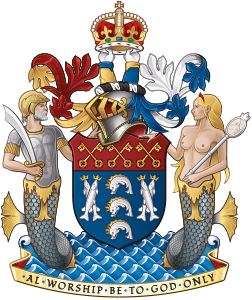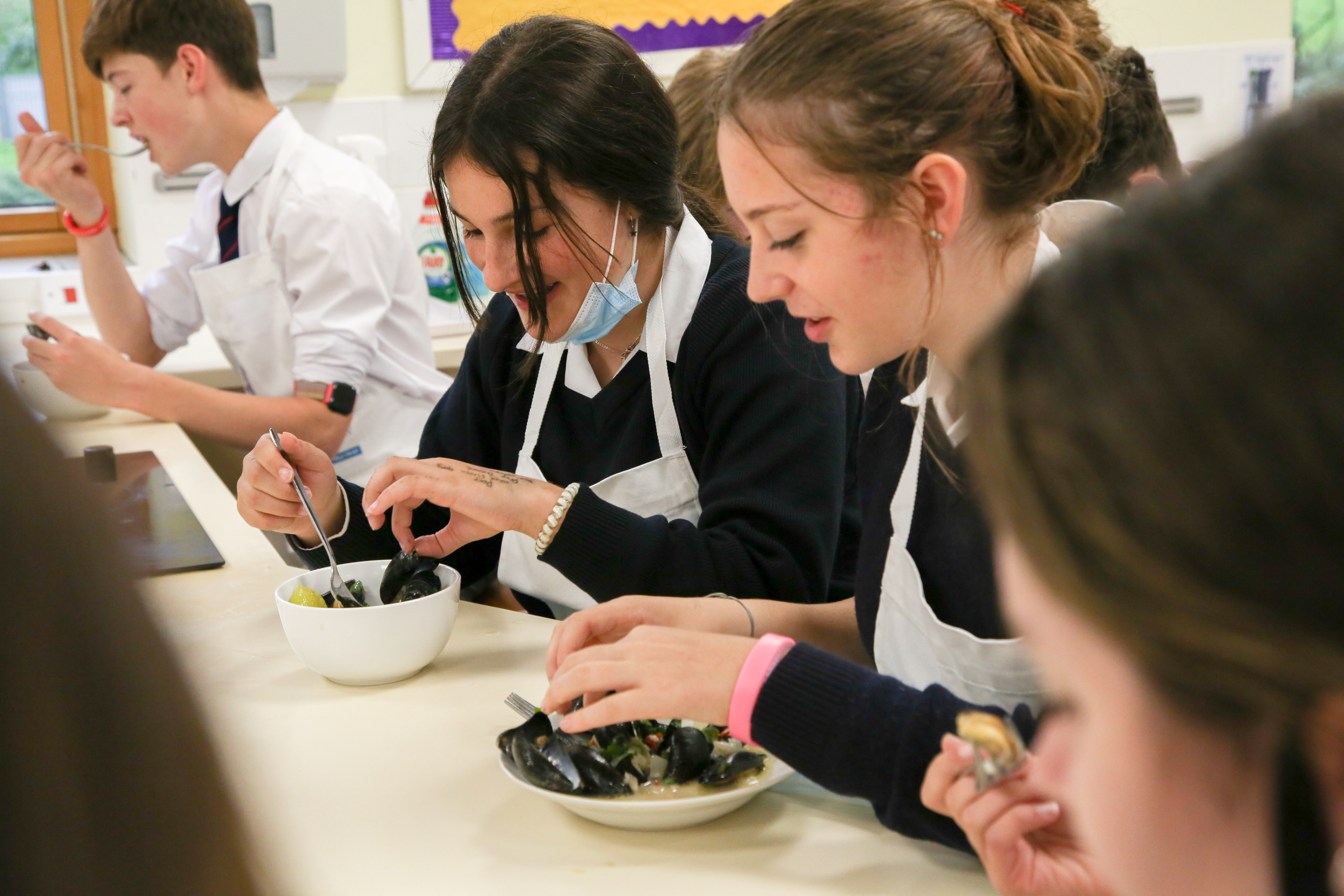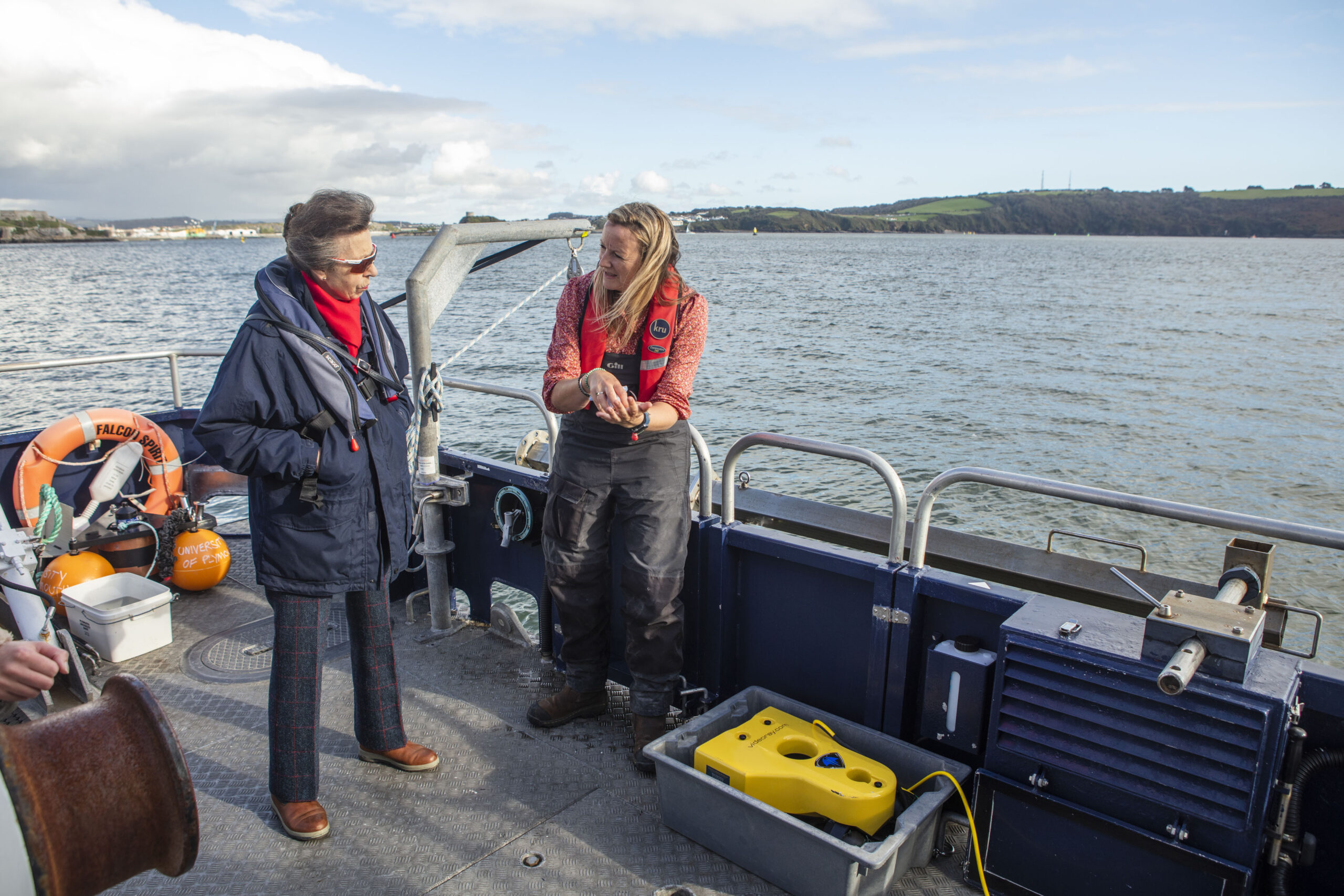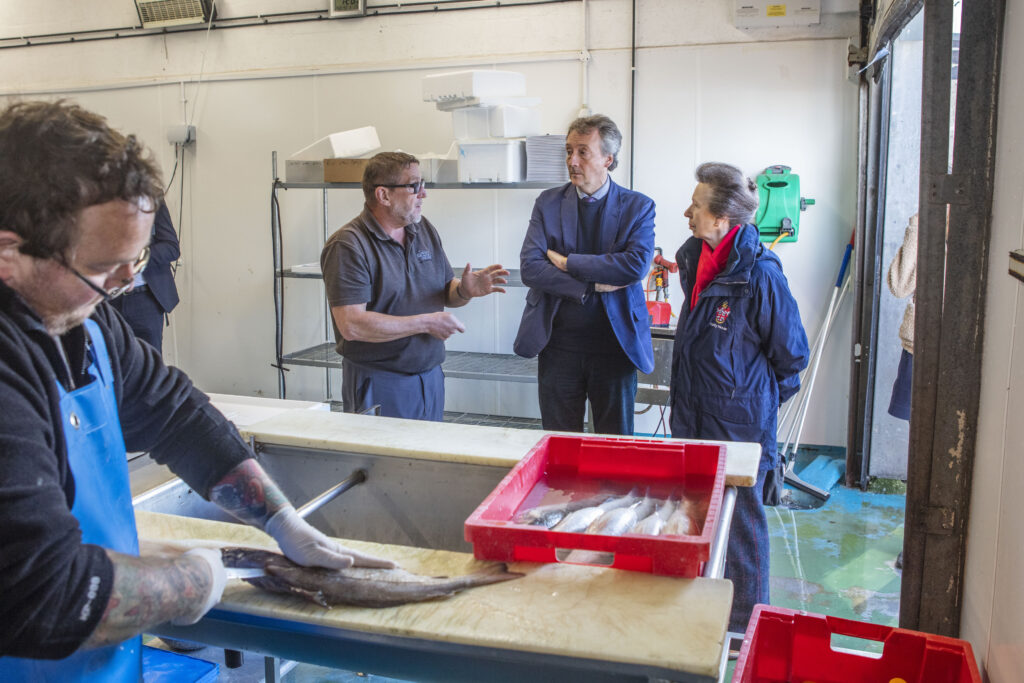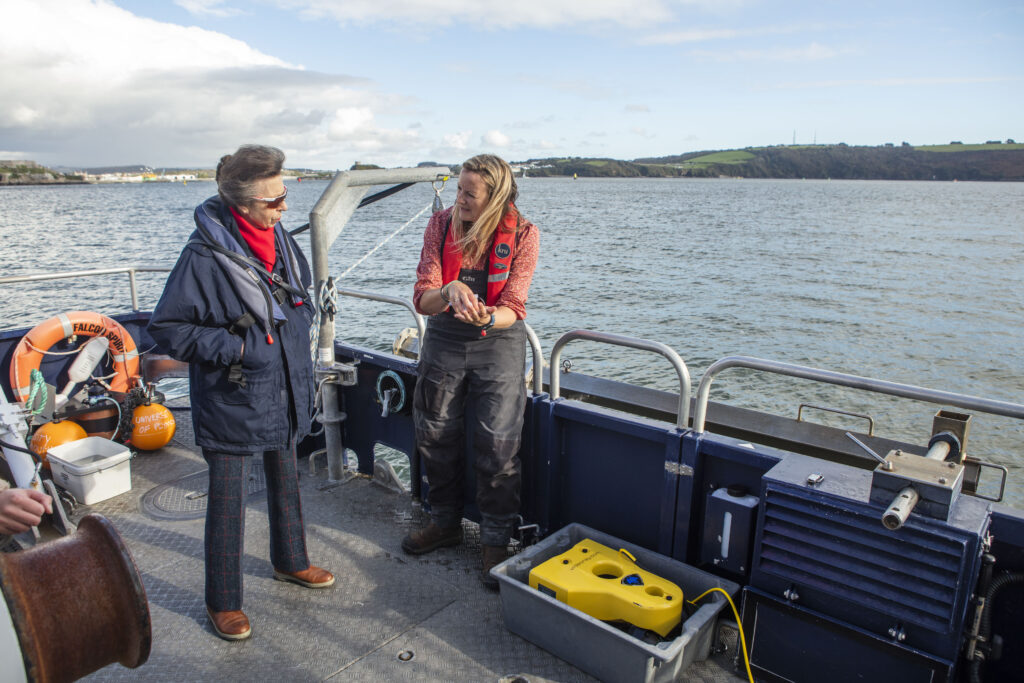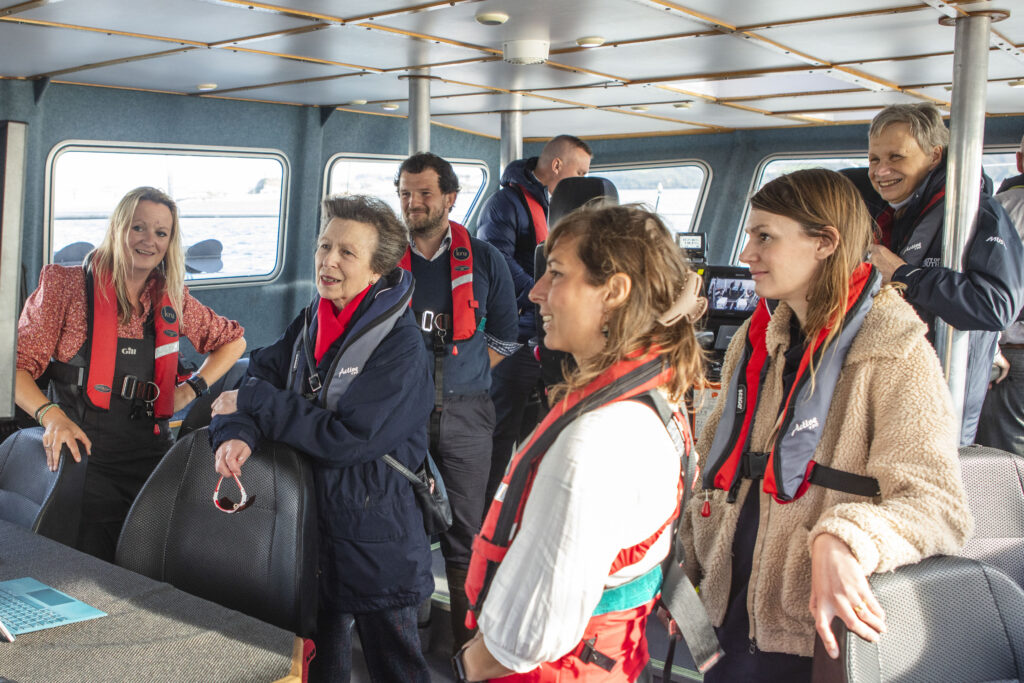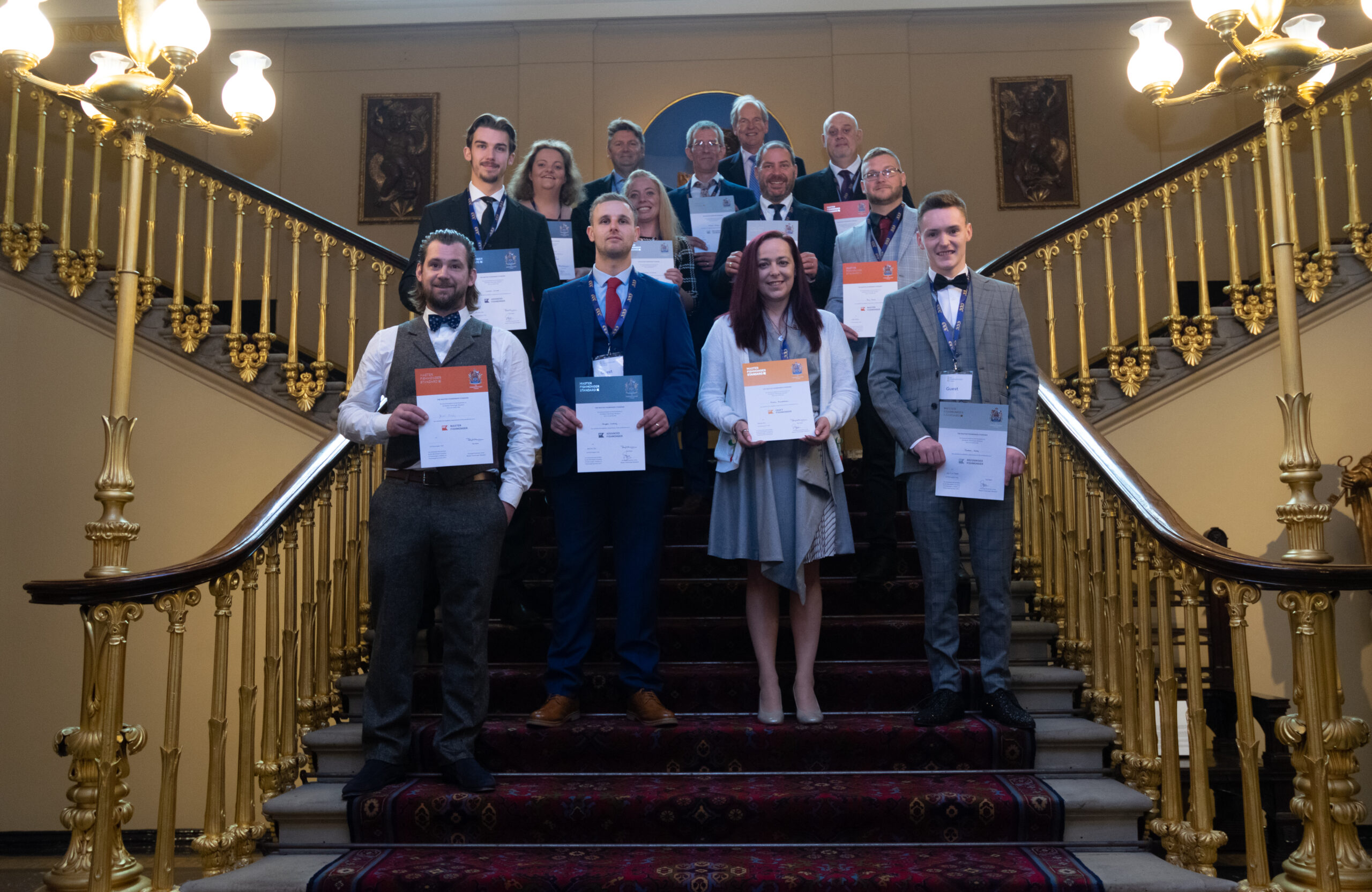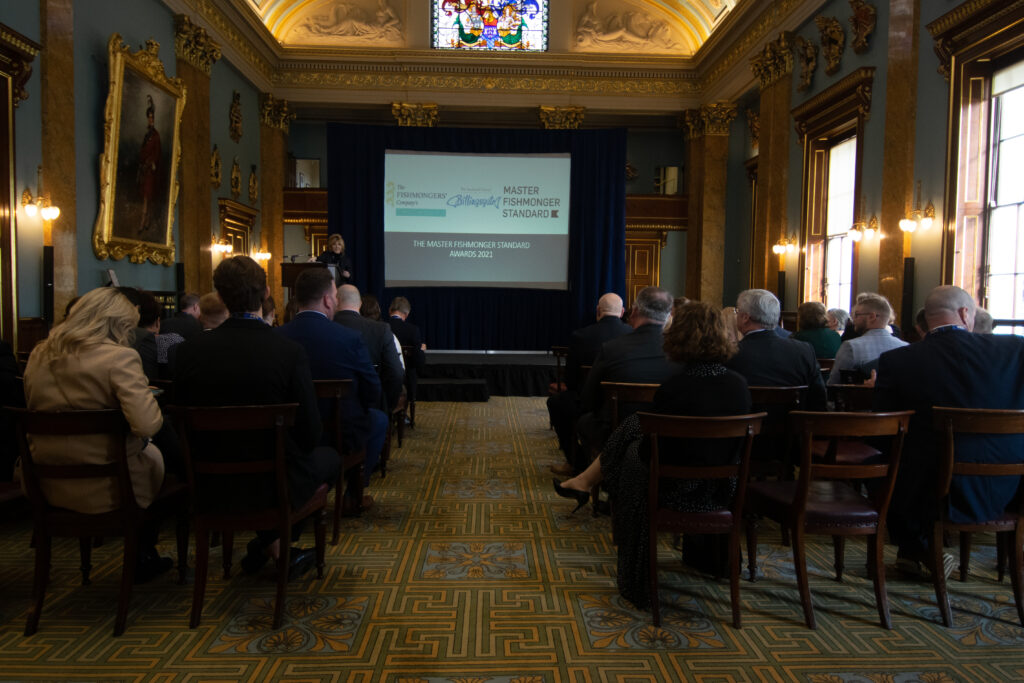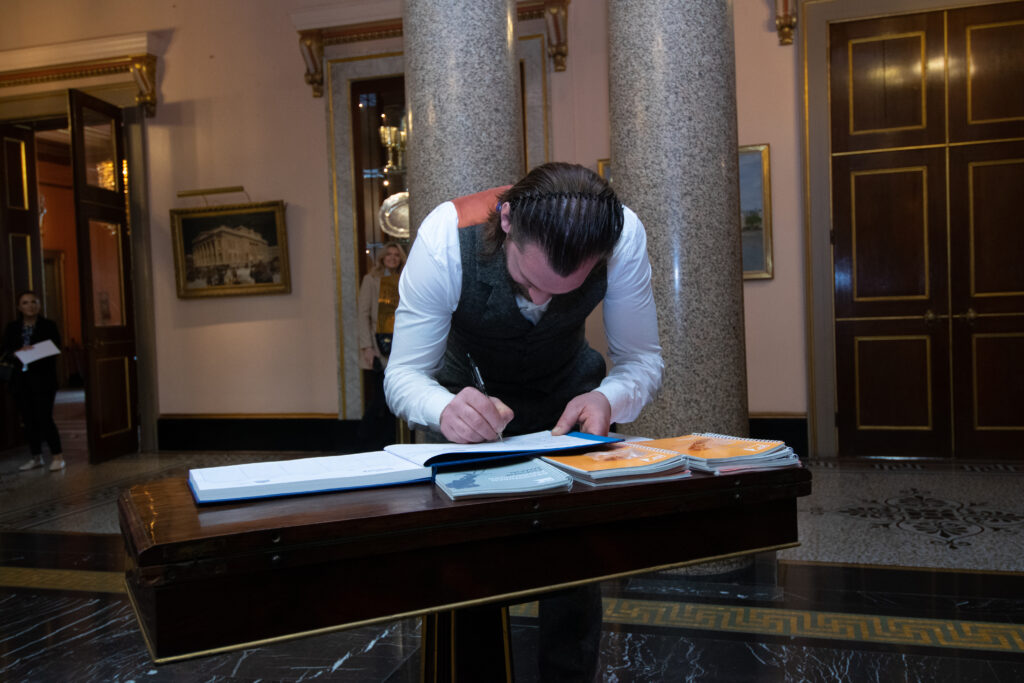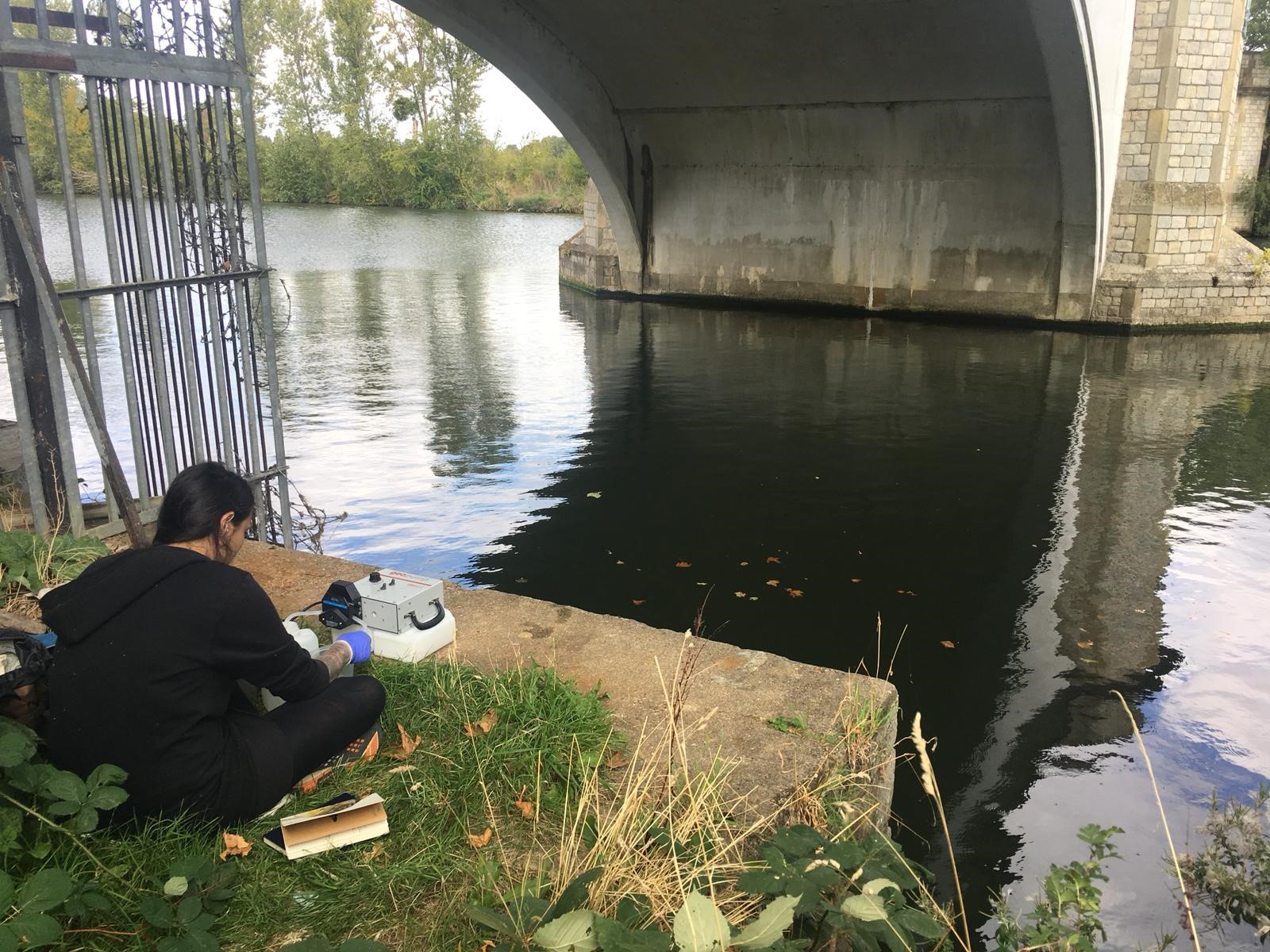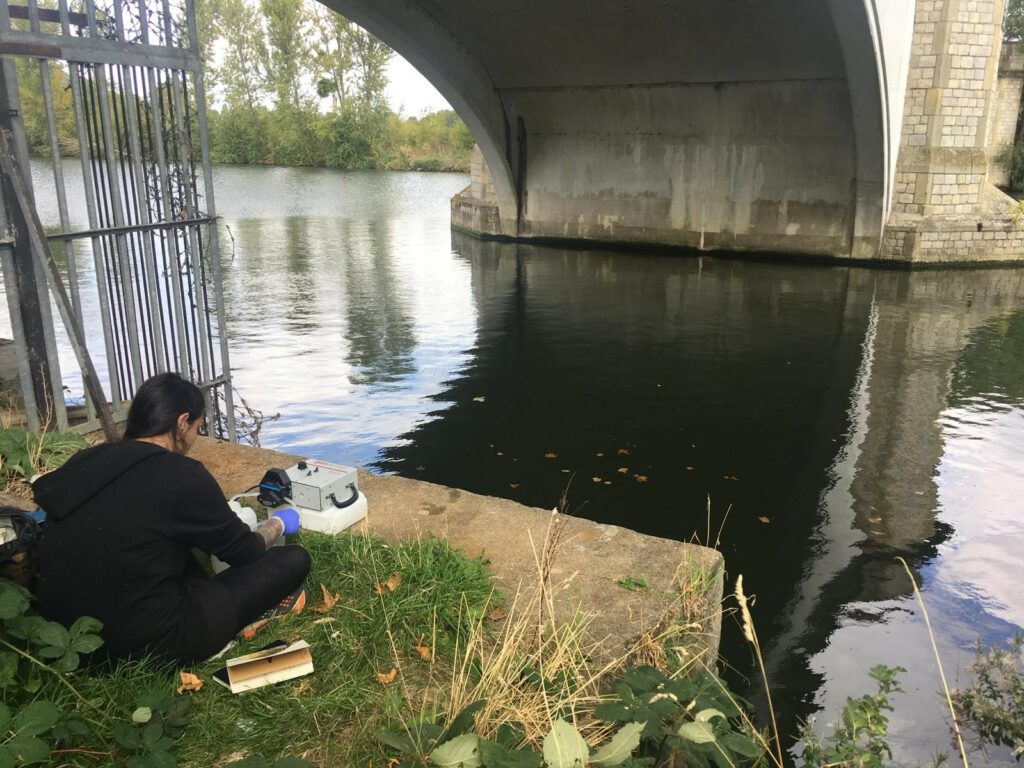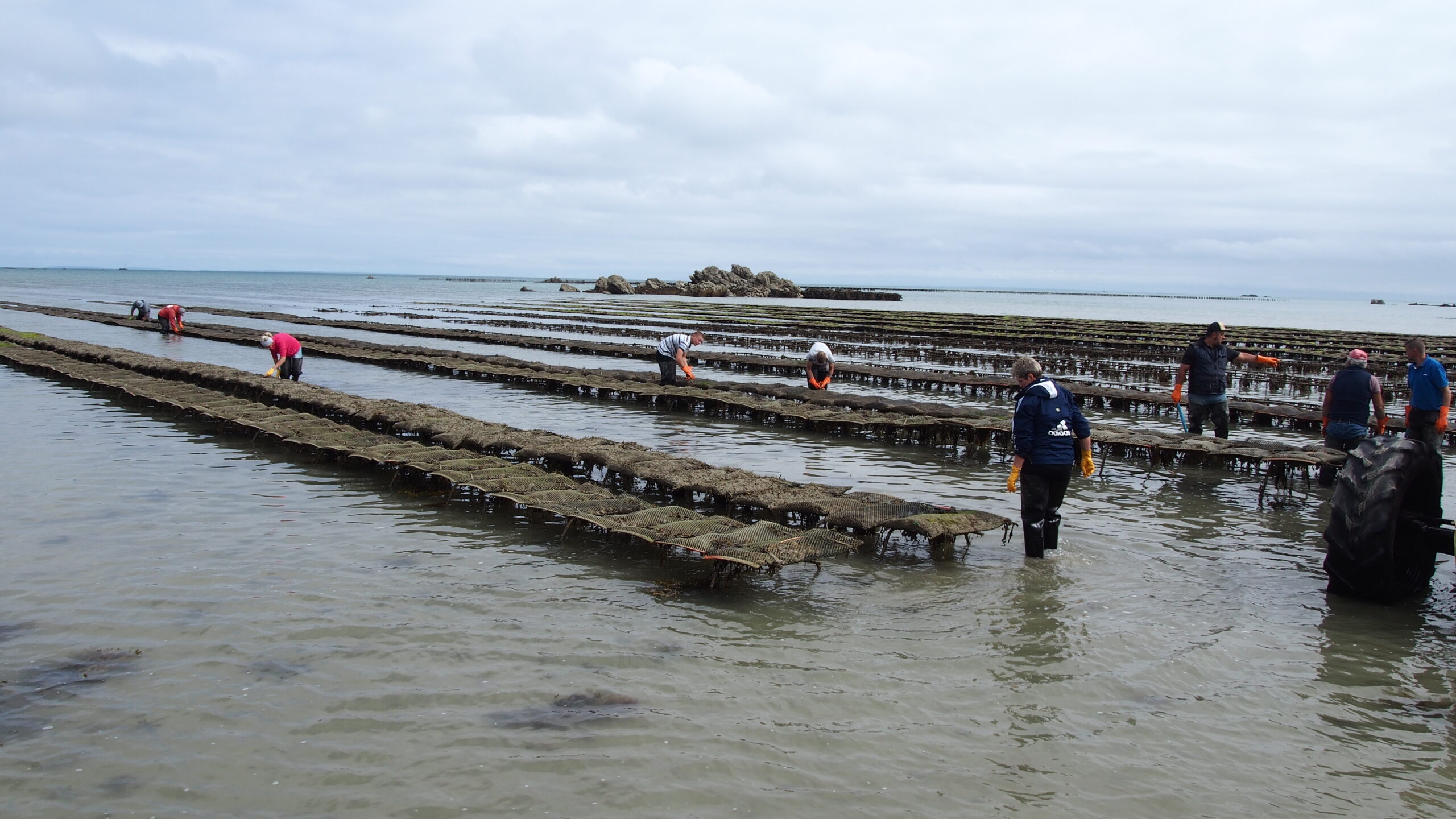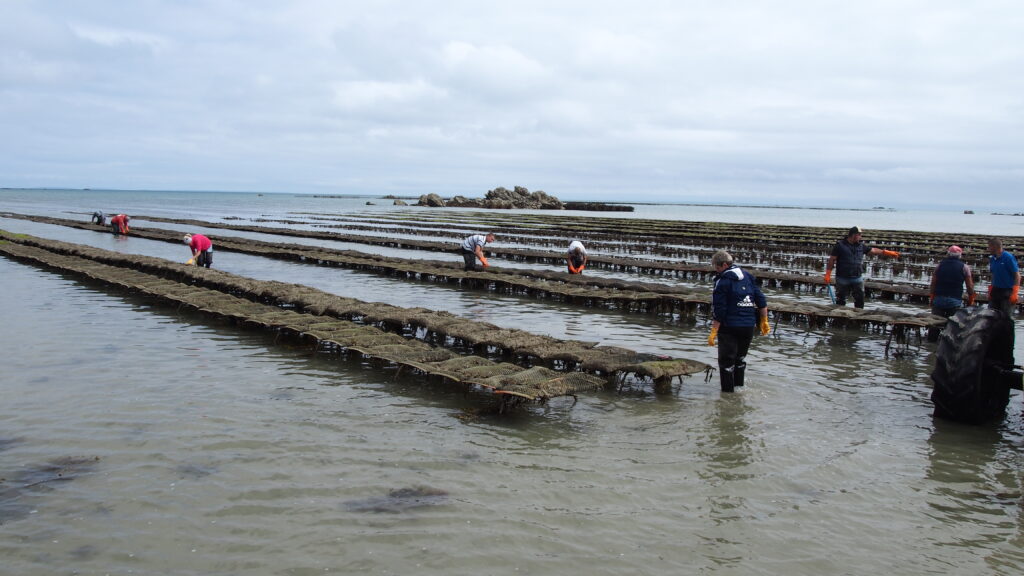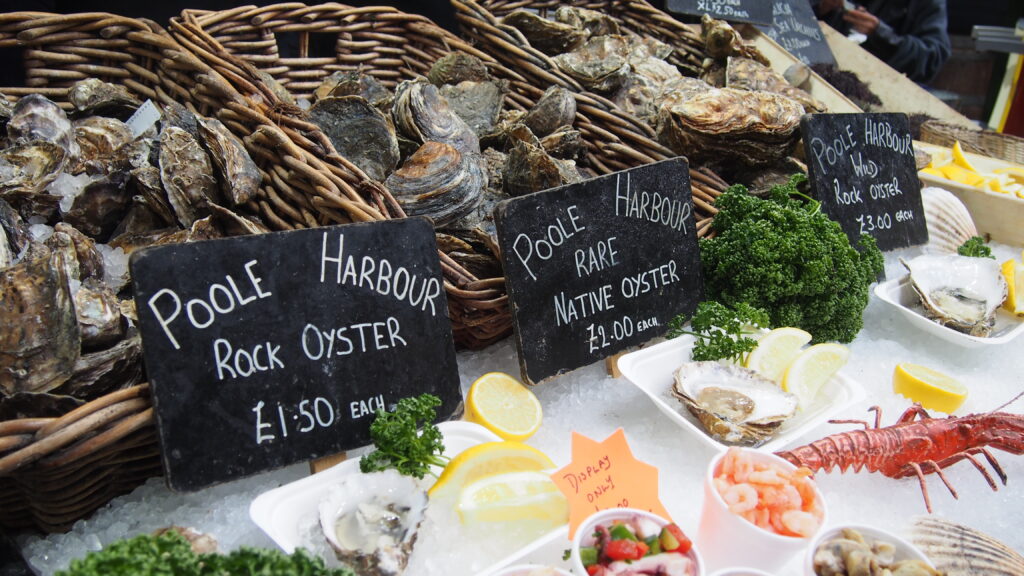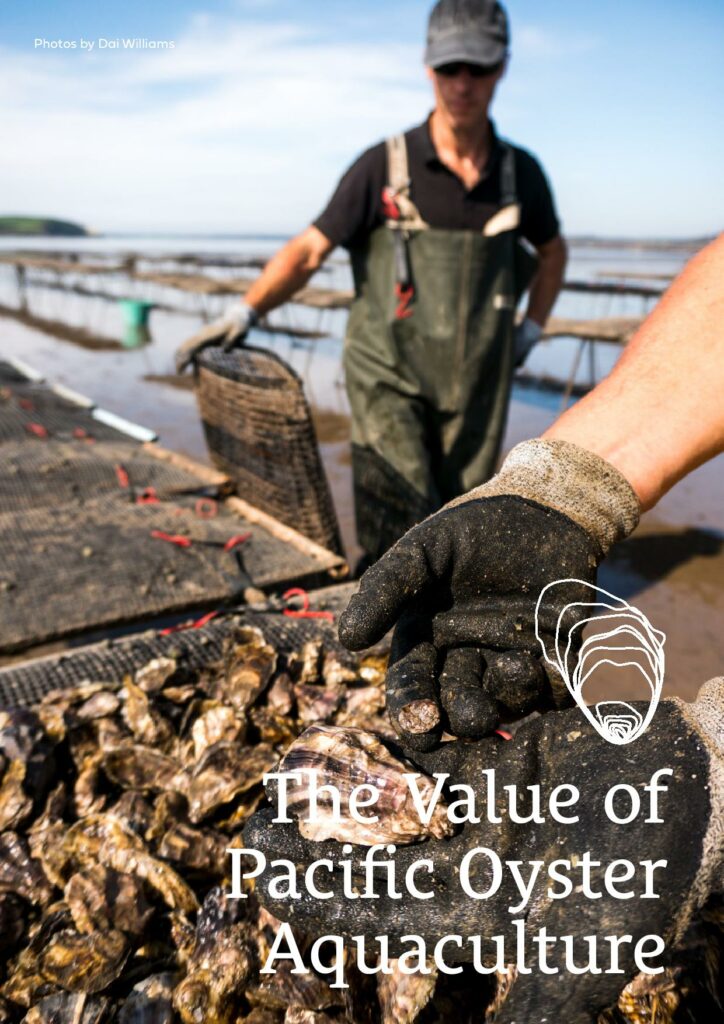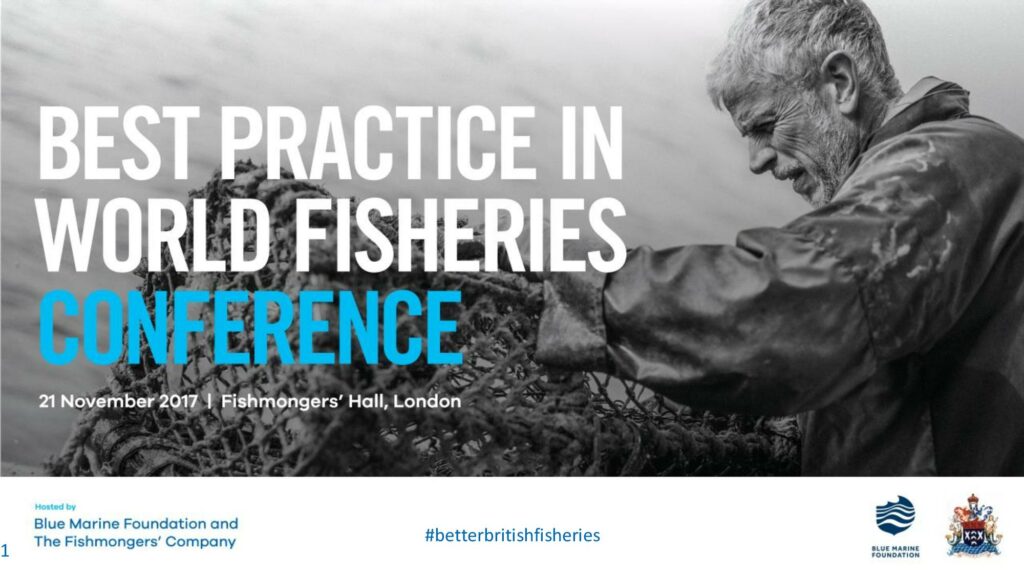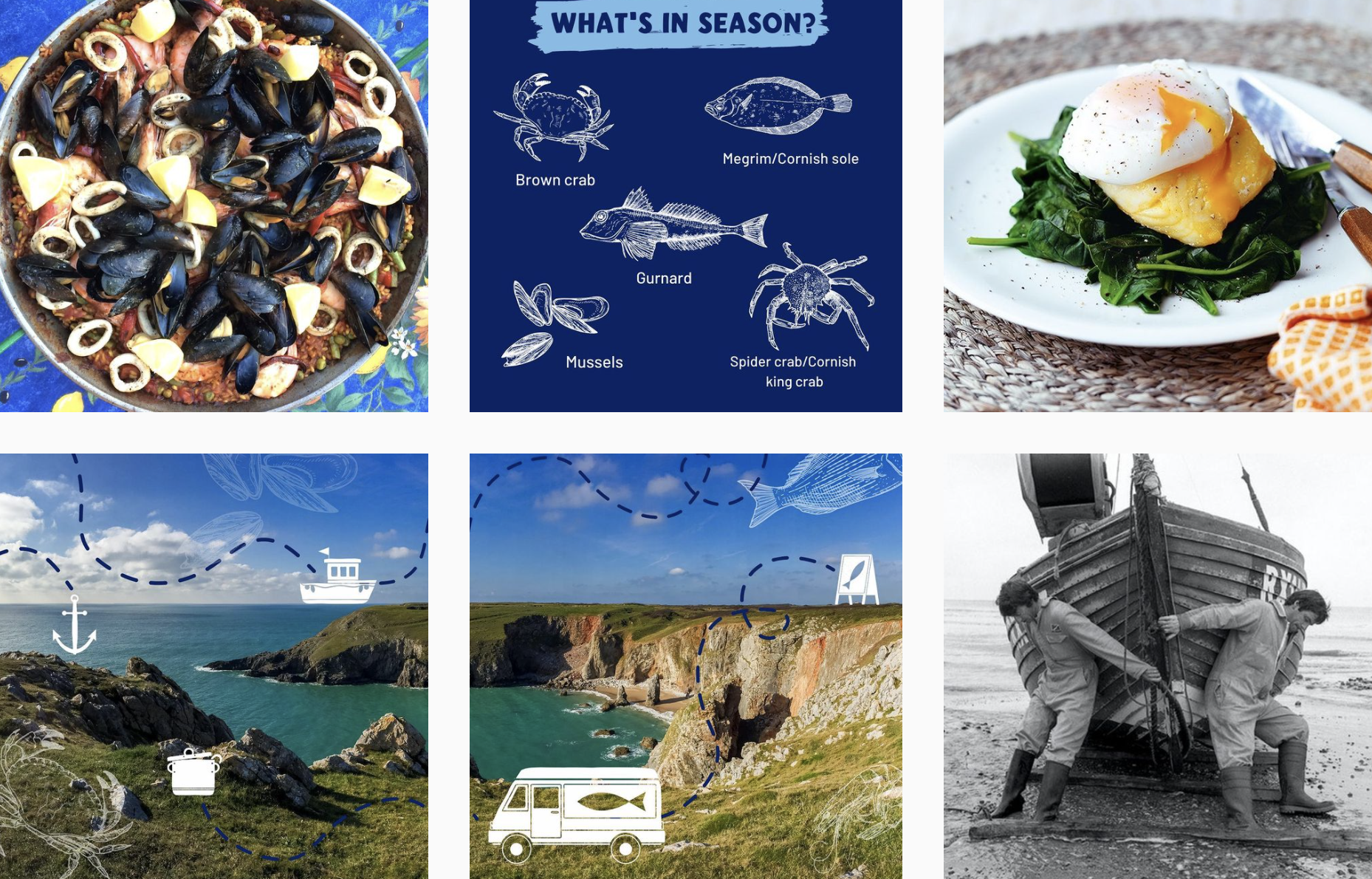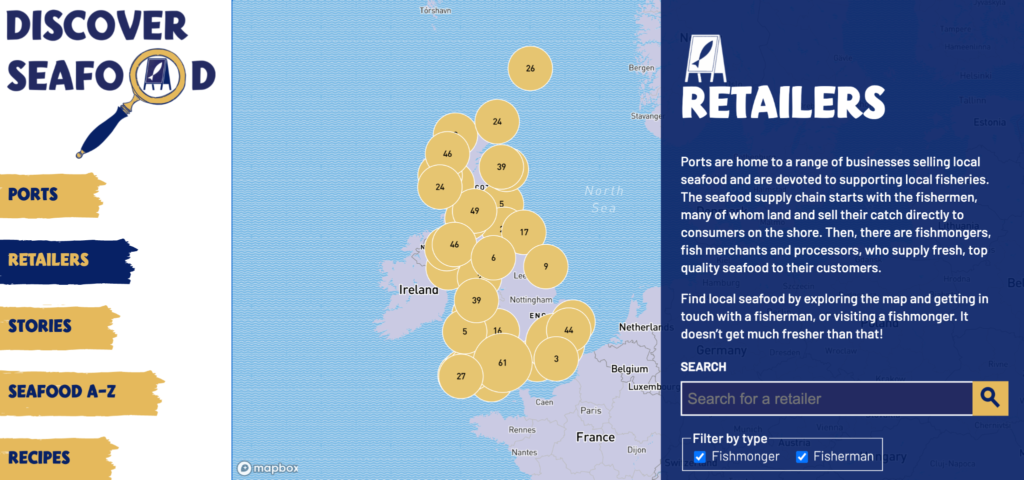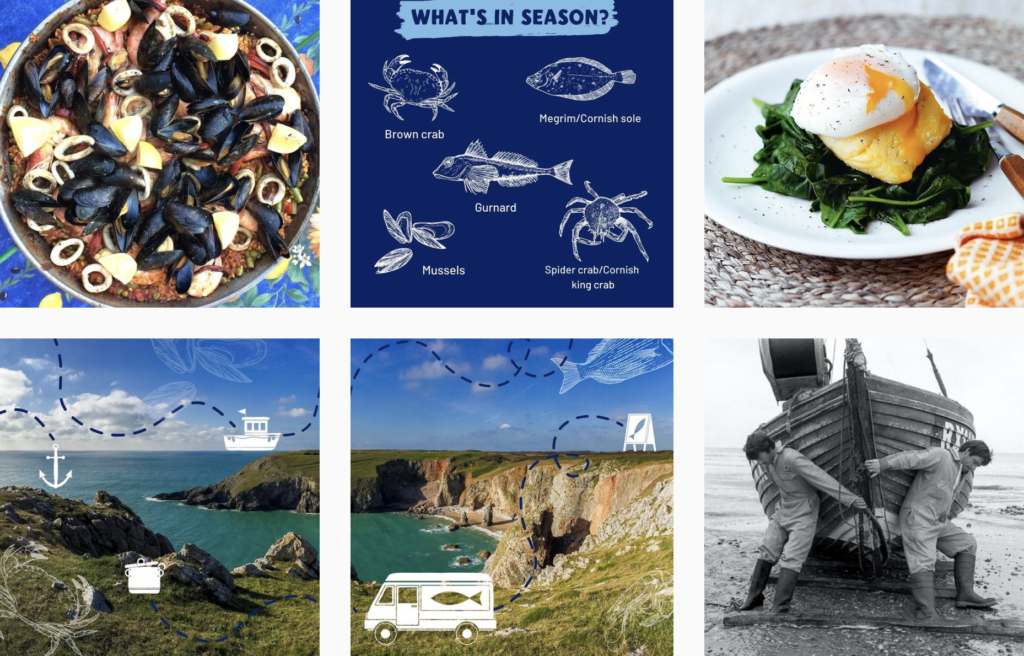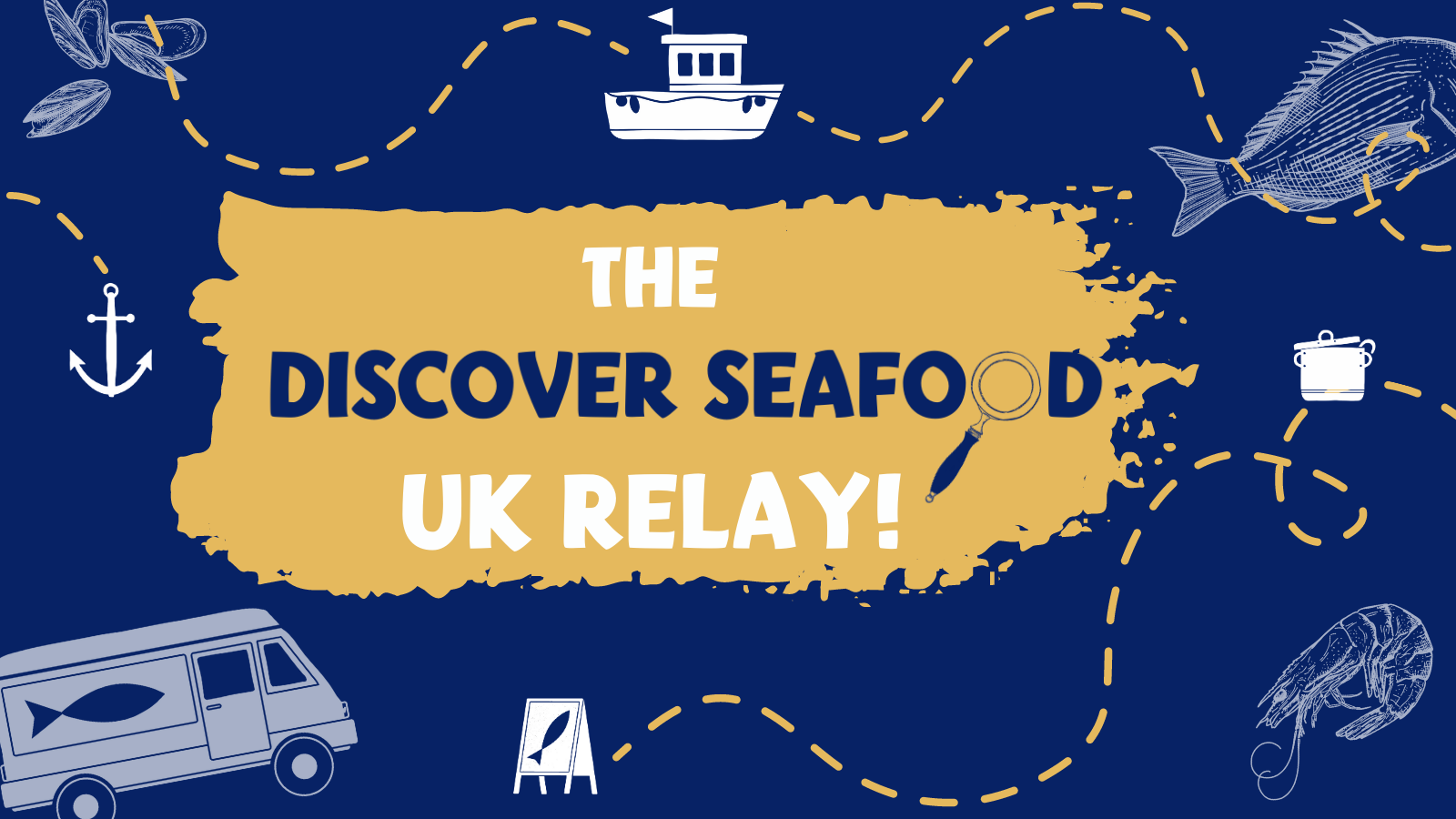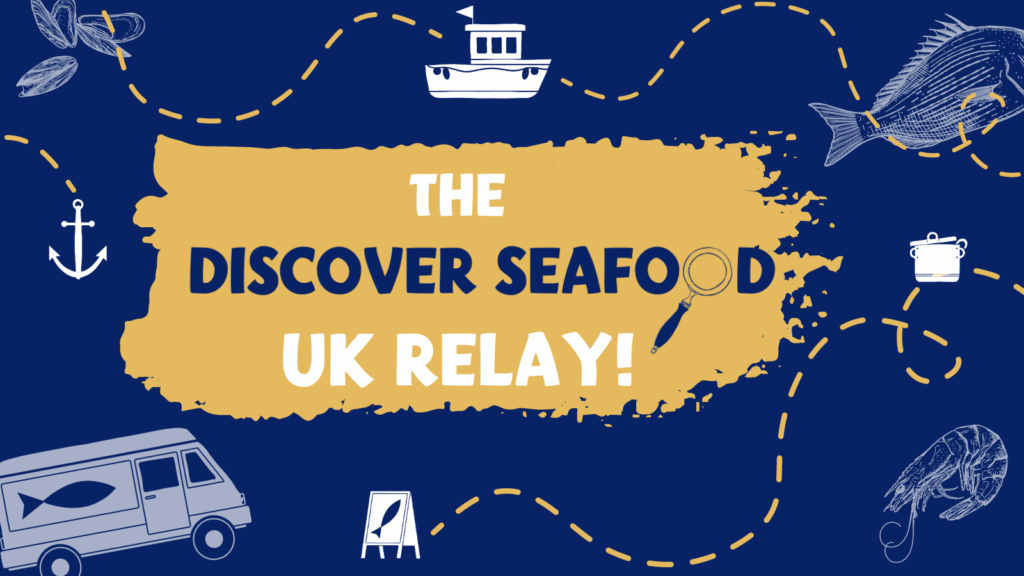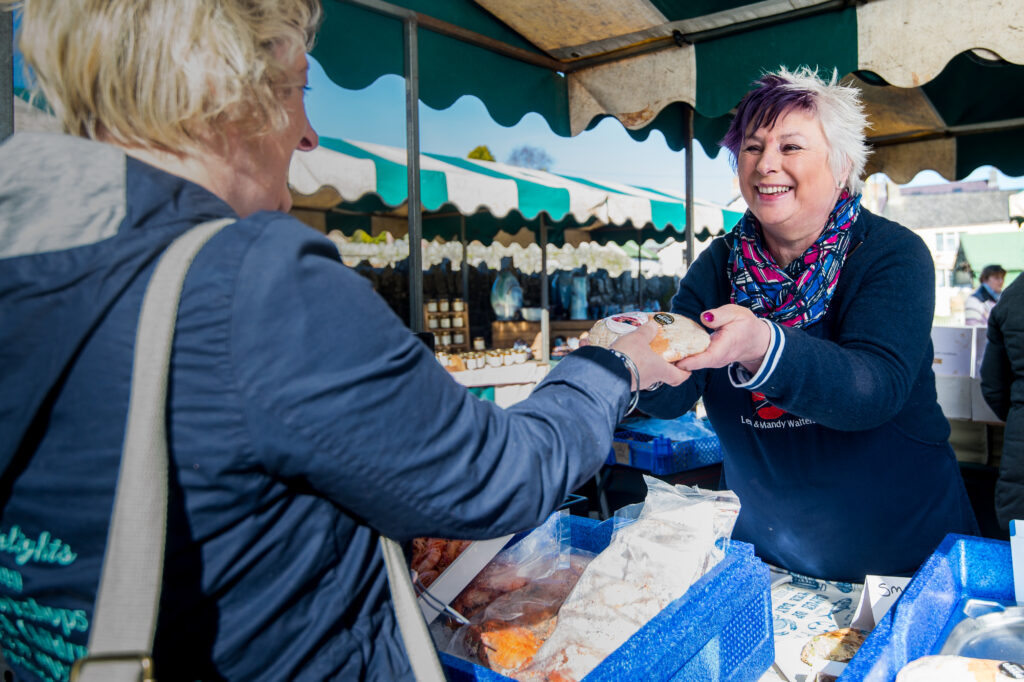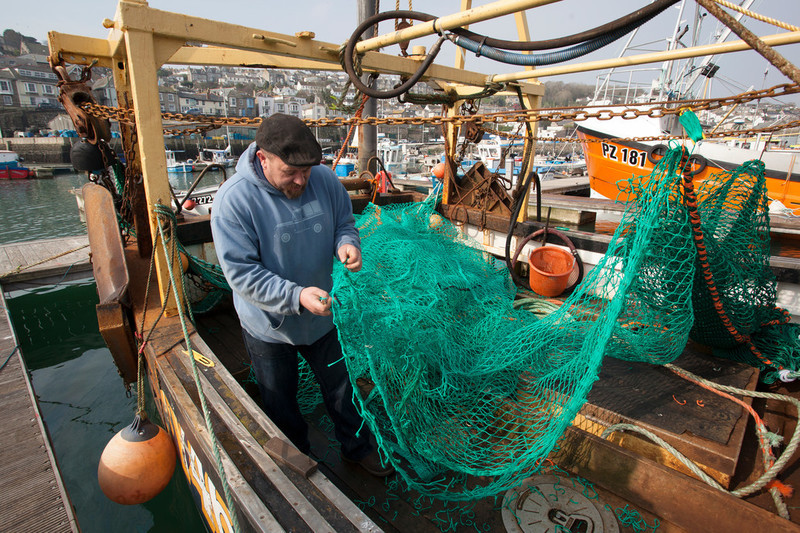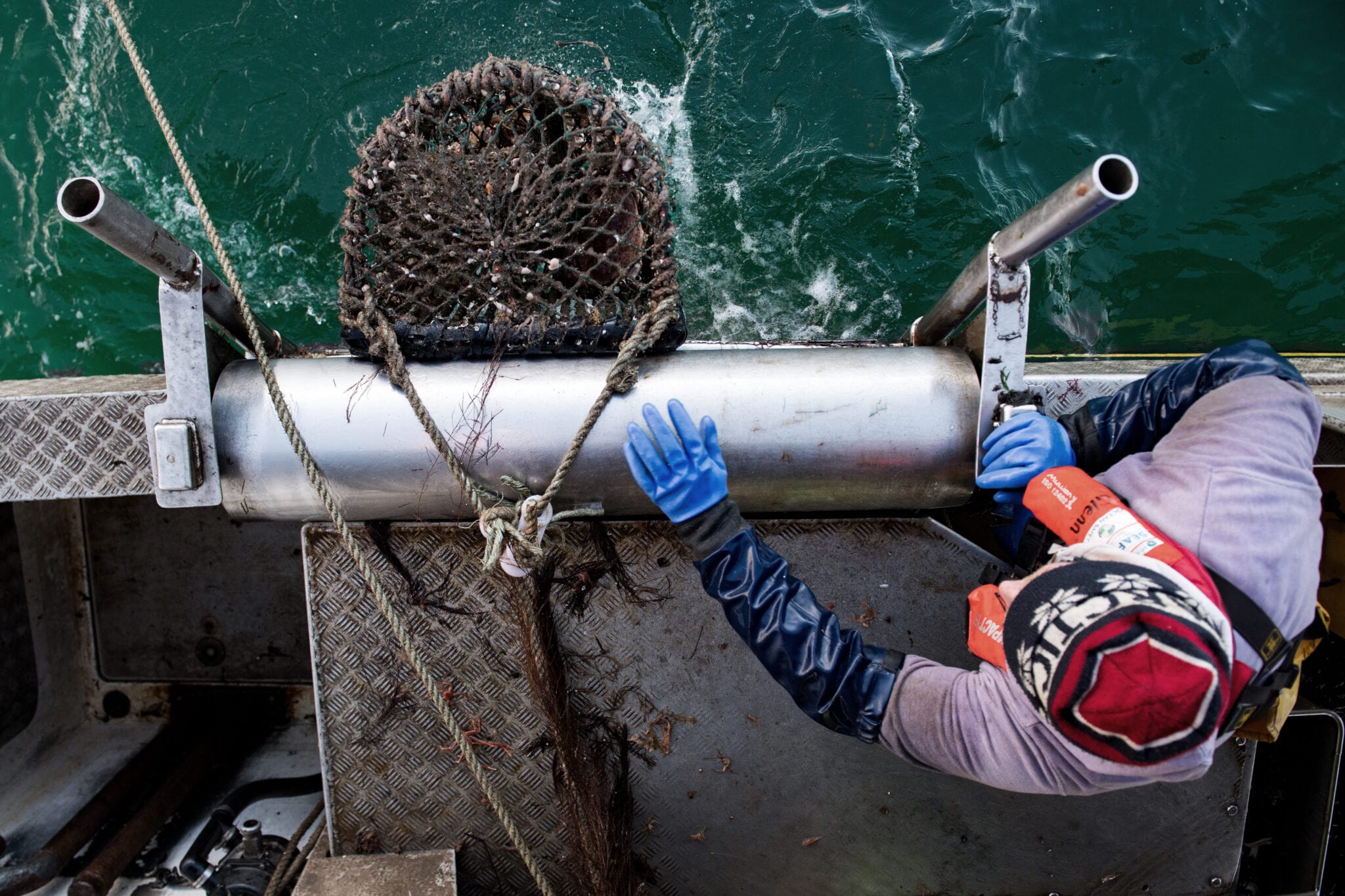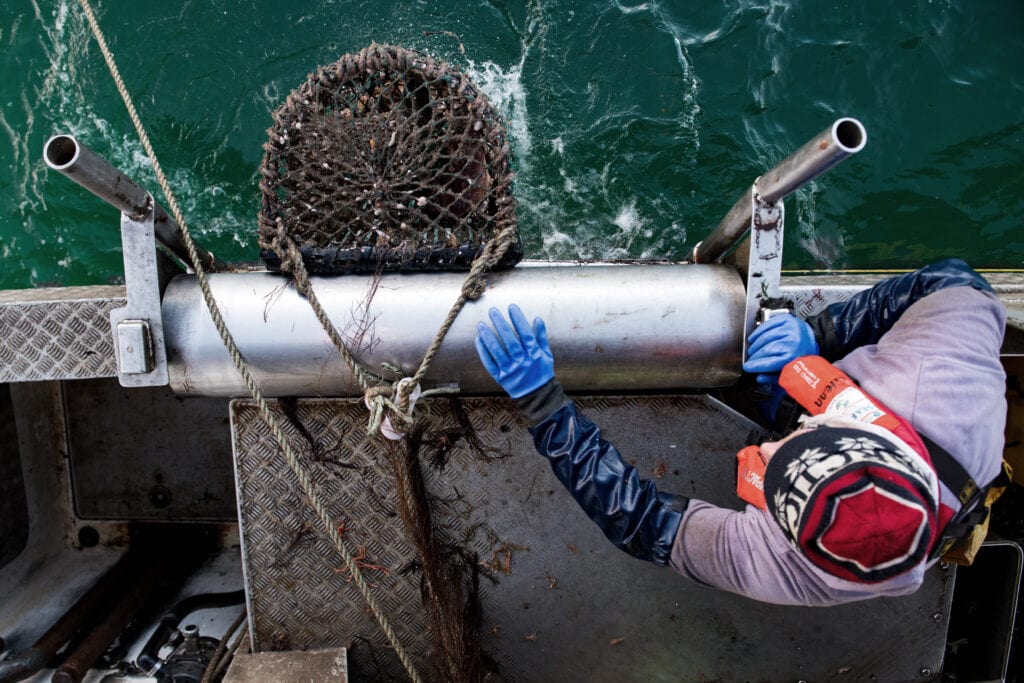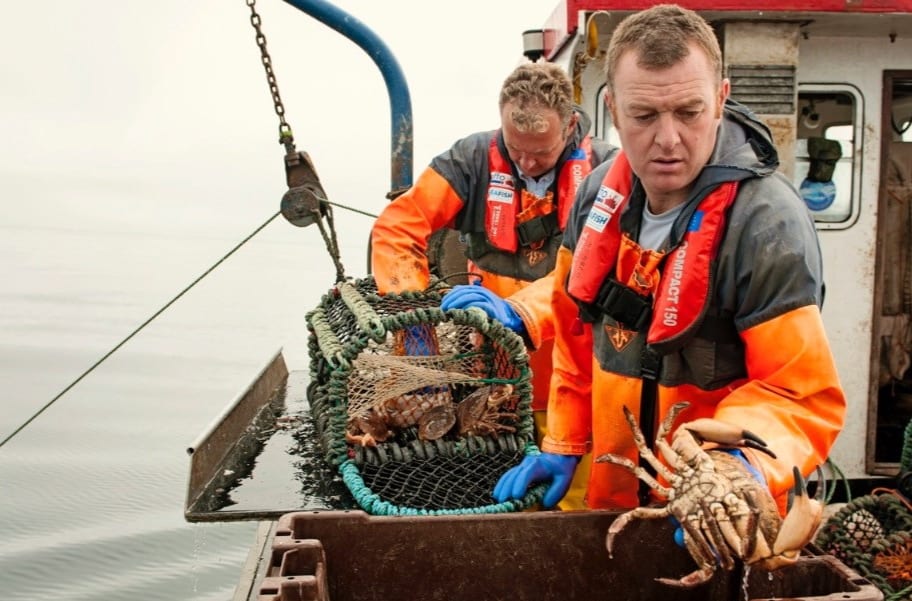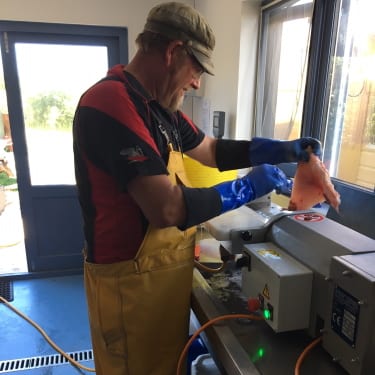The Food Teacher’s Centre’s Fish in School Hero programme, funded by the Company’s Fisheries Charitable Trust, is bringing British mussels into 200 schools across the UK this week. The Fish in School Hero programme aims to ensure that every child gets a chance to prepare, cook and eat fish before they leave school, developing the next generation of seafood lovers.
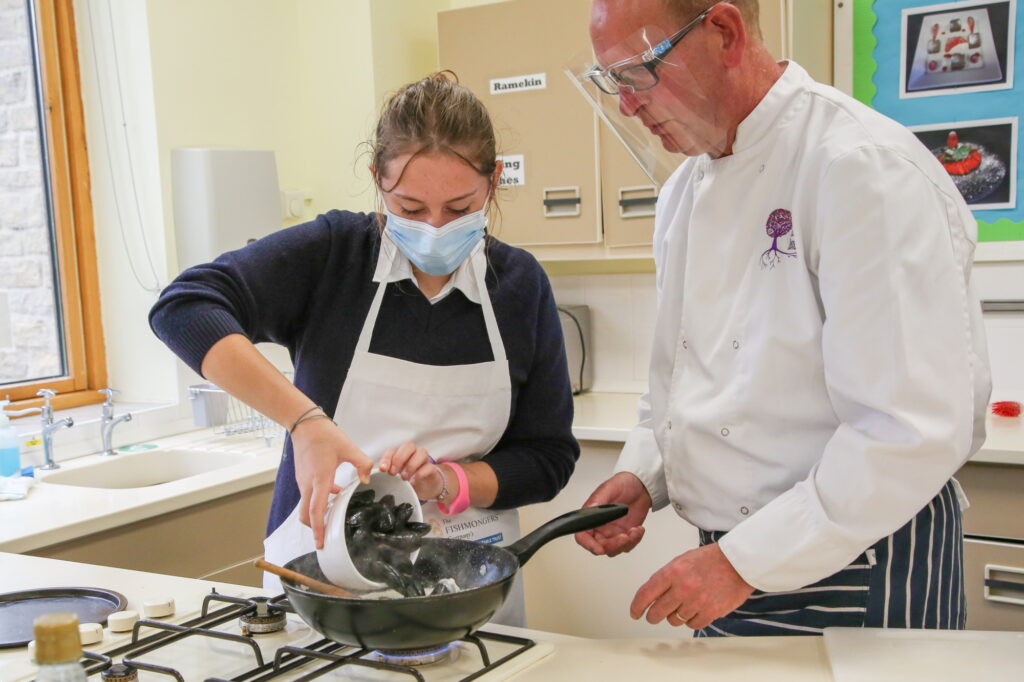
Through “Mussel Power” 8000 students in 200 hundred schools across the country this week are cooking and tasting sensational freshly cooked dishes made with British mussels, such as Thai Style Mussel Broth, Tagliatelle Mussels, Seafood Pie, Mussel Fritters, Bacon and Mussel tart. The student chefs will be busy practising how to prepare and cook sustainable fresh fish, and they will be learning how mussels are rope-grown and harvested sustainably and provide key nutrients. Most of these students have never eaten mussels before.
“Can we order two tonnes of mussels please, and could you deliver them to 200 schools? We know that delivery might be quite tricky right now, but any chance?” This was the request that Simon Gray (Senior Associate, Food Teachers Centre UK) put to the fish industry. He was overwhelmed with the positive response and ‘can do’ approach with Offshore Shellfish donating the produce and Fowey Shellfish and M&J Seafood providing the logistical support to deliver the mussels to schools across the country
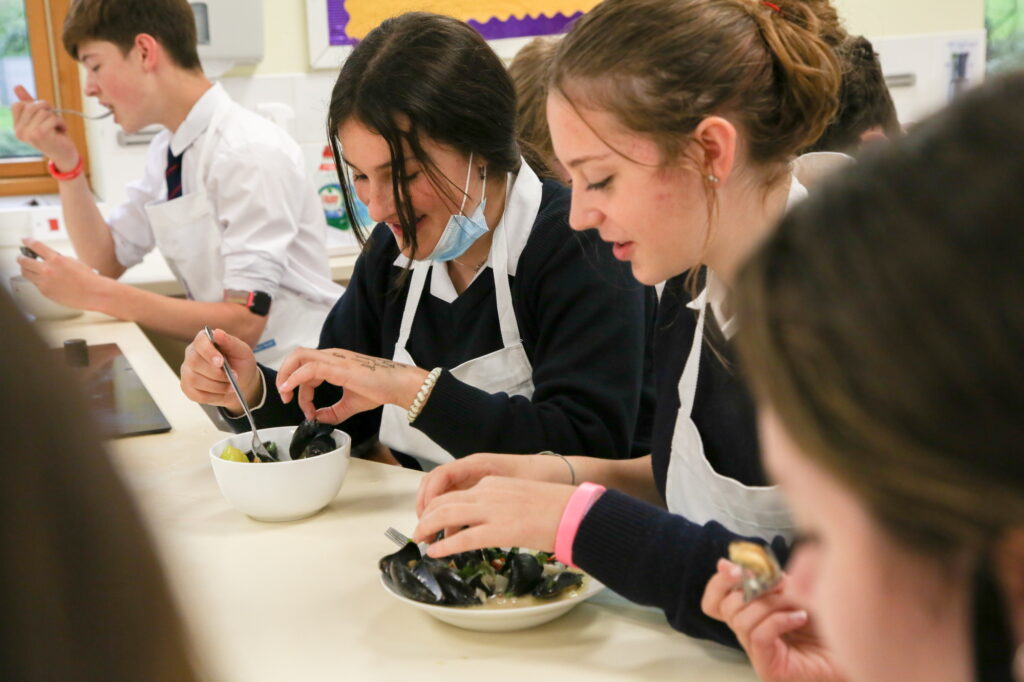
“Mussels are one of the most under-utilised shellfish in this country, so we are getting young people to try them in the safe, positive environment of their food and nutrition lessons. This would not have been possible without the amazing industry partners offering to support this so that there is no cost to schools. Schools are super excited and hugely grateful for Sarah at Offshore Shellfish’s generous gift and in awe of the logistical processing and delivery challenges navigated so expertly by Matt and Pat.” said Simon.
Offshore Shellfish kindly donated 2 tonnes of grade ‘A’ rope grown mussels especially for this initiative. Sarah Holmyard, Offshore Shellfish, Head of Sales and Marketing says: “We are delighted to support the Fish in School Heroes programme by supplying our mussels for thousands of school children to try. It is so important for children to have access to foods they may not otherwise try and be the next generation of seafood enthusiasts. Mussels are so quick and simple to cook, are great for you, and great for the environment so are perfect for the children to try”.
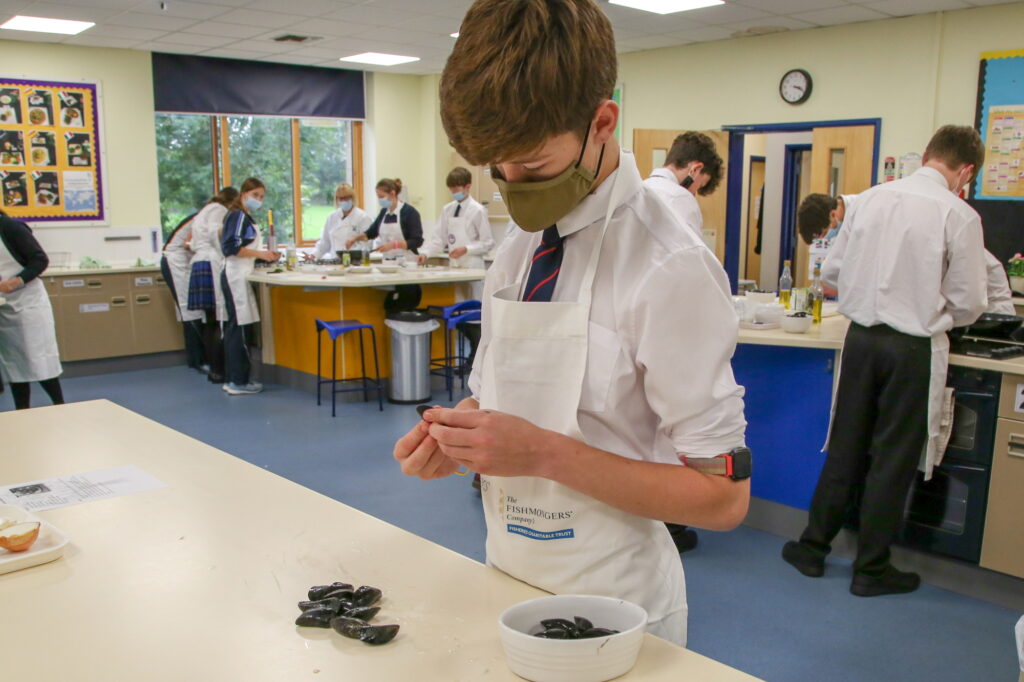
Fowey Shellfish have been key in collecting and transporting the mussels, ready to be shipped off to schools all around the UK. Pat Currah, Operations Manager, explained: “Fowey Shellfish have been instrumental in the whole process and have arranged timely collection of the mussels from Brixham, transporting them back to Fowey to be depurated overnight, and then packed to maintain the quality and safety of the produce, ready for the next stage of the journey to schools.”
From there M&J Seafood have used their delivery team to transport the produce to the schools, ready to be enjoyed by hungry and eager pupils. Matt Orr, Operations Manager, said: “M&J Seafood have taken on the massive logistical challenge to get the shellfish out to the 200 lucky schools across the country. M & J Seafood stepped up to the plate to distribute the mussels through their existing logistics’ network and out to individual schools nationwide.”

